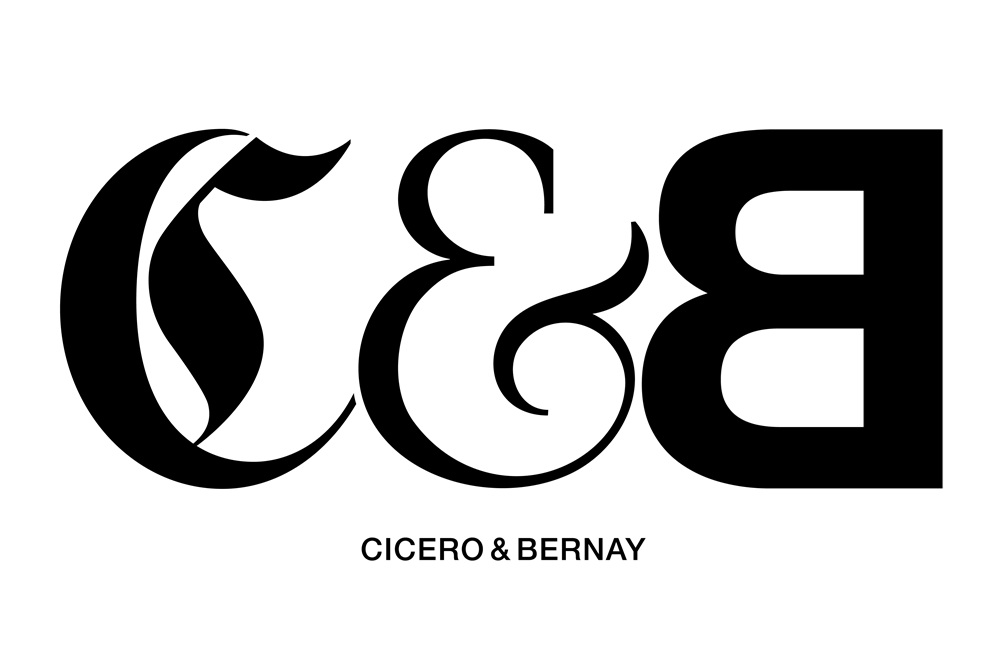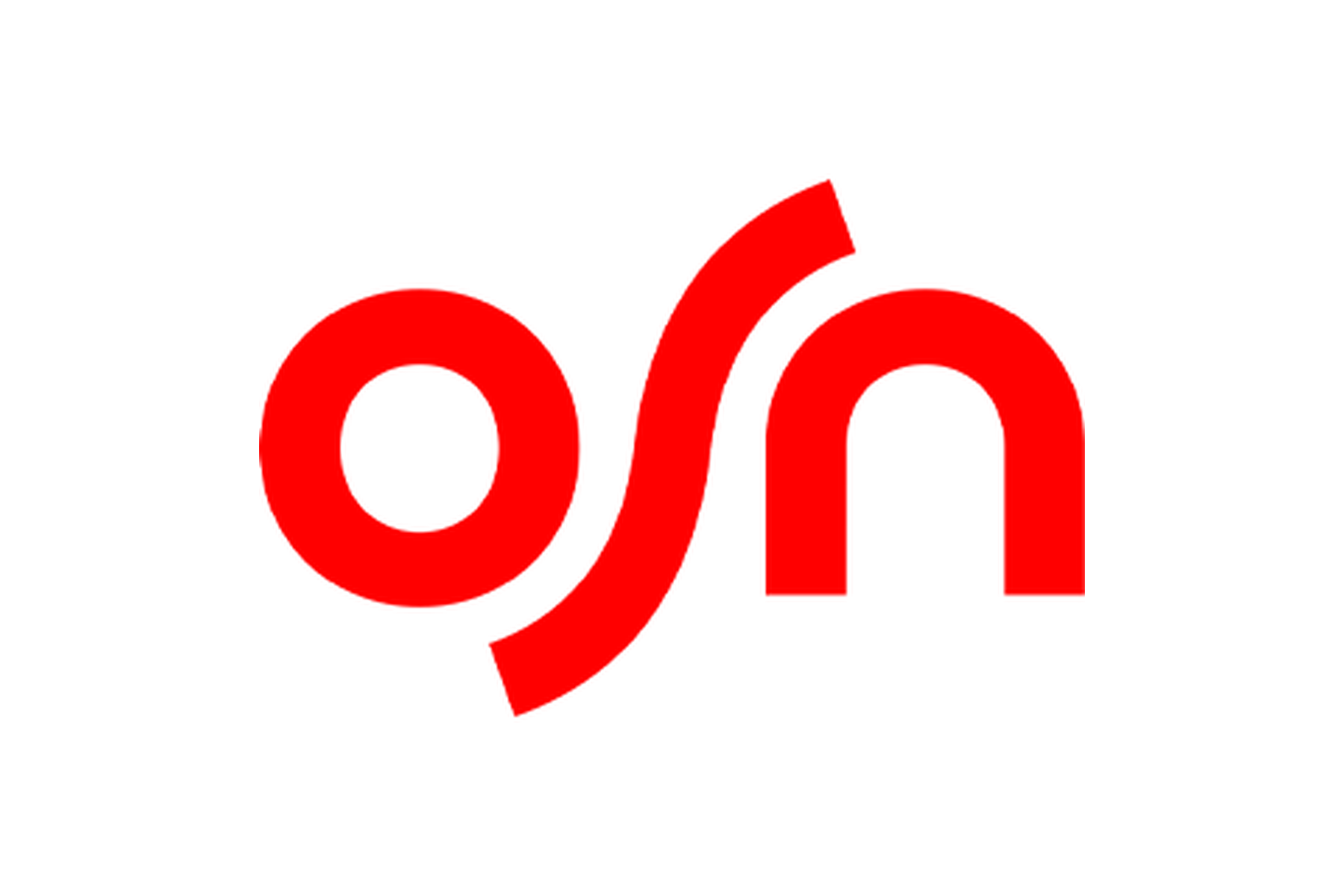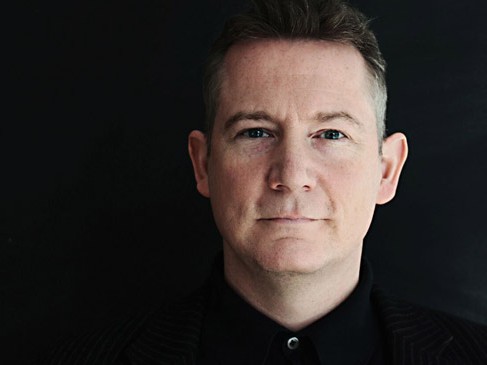Industry Talk - Free Talk
What the Prisoner’s Dilemma Can Teach Us About Pitching
by Alexandra Richards, Gambit
August 28, 2024
.jpg) Advertisement
AdvertisementWe’ve all heard of variations of the Prisoner’s Dilemma, a game theory that helps assess strategic decision-making, but it could change the way we approach the dreaded tendering process.
The premise is that two prisoners are in separate interrogation rooms, being offered deals by investigators. If both stay silent, they each get a year in jail; if either of them betrays the other while the other stays silent, one gets off scott-free while the partner gets three years in jail; If they betray one another, each gets two years. Obviously, the best possible outcome for both prisoners combined is the first where they both cooperate and trust each other.
This is a fantastic theory to apply to agency pitches, as you are in a similar situation where both sides do not know what the other is planning.
Therefore, there is a choice to be made about whether to aim for the best possible outcome for oneself, or the best achievable outcome for both sides.
This is manifested in three main areas:
Reasoning: The explanation of why the tender is taking place. When a client is honest at this stage of the pitching process, it makes it easier for agencies to assess how suitable they are for opportunity and walk away if needed.
If it is kept quiet, the agency doesn’t know what problem it is tackling, and both sides are making a decision in the dark.
Budget and Fees: If both sides are trying to get the maximum financial outcome, you risk one side being unhappy in the long run.
If the client squeezes too hard with budget, agencies cannot make a decent profit and eventually will have to compromise on time or quality.
Likewise, if the agency plays hardball too strongly, the client might be under pressure to justify the fees internally, creating long-term tension and undue expectations.
Technical Requirements: Clients can often be unreasonable in their RFP demands, expecting a full annual strategy, knowing that all agencies but one will do the work for nothing.
While this may seem like a dominant strategy for the client, they may lose strong agencies who withdraw because they do not have the time, or get mediocre work from capable teams who cannot execute the tender tasks properly unpaid.
So how can we solve this?
Trust in any relationship is built on mutual care, and this is how the pitching process should be approached. Clients need to start providing context regarding why the pitch is taking place, sharing a clear budget and requesting pitch tasks that are the minimum required to assess properly and make an informed decision, but not any more than that.
Likewise, agencies need to be transparent about their ability to work within a certain budget, have the single-mindedness to walk away if it doesn’t look viable, and share concerns regarding excessive RFP requirements.
You cannot have a mutually beneficial relationship if you are only focused on your side of the benefits.
Note: Alexandra Richards has won gold at the MENA Young Lions competition 2024 and as such went on to represent the region at Cannes Lions International Festival for Creativity in June 2024 where she ended up being ranked among the top five globally at the PR Young Lions competition.



.jpg)










